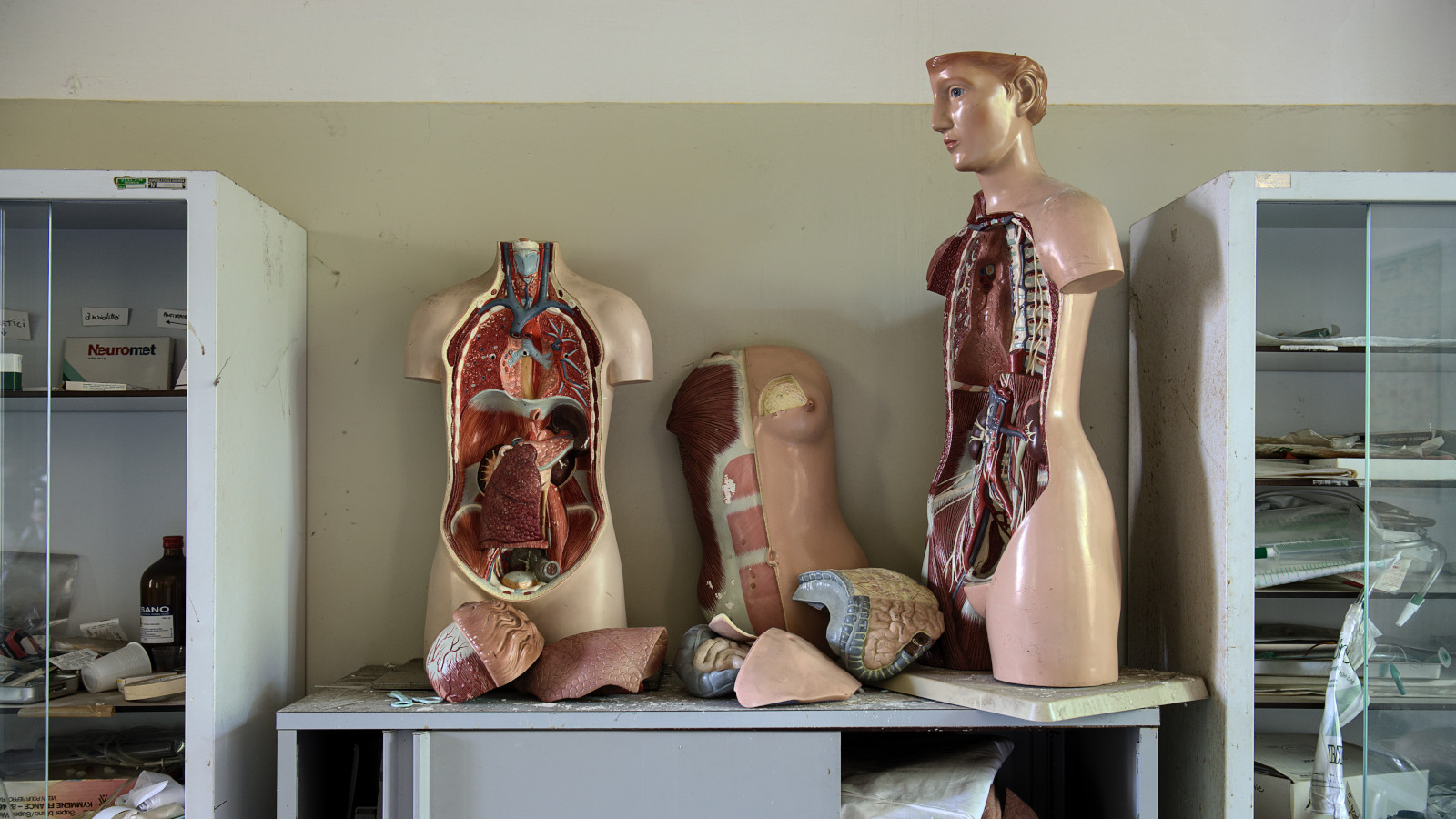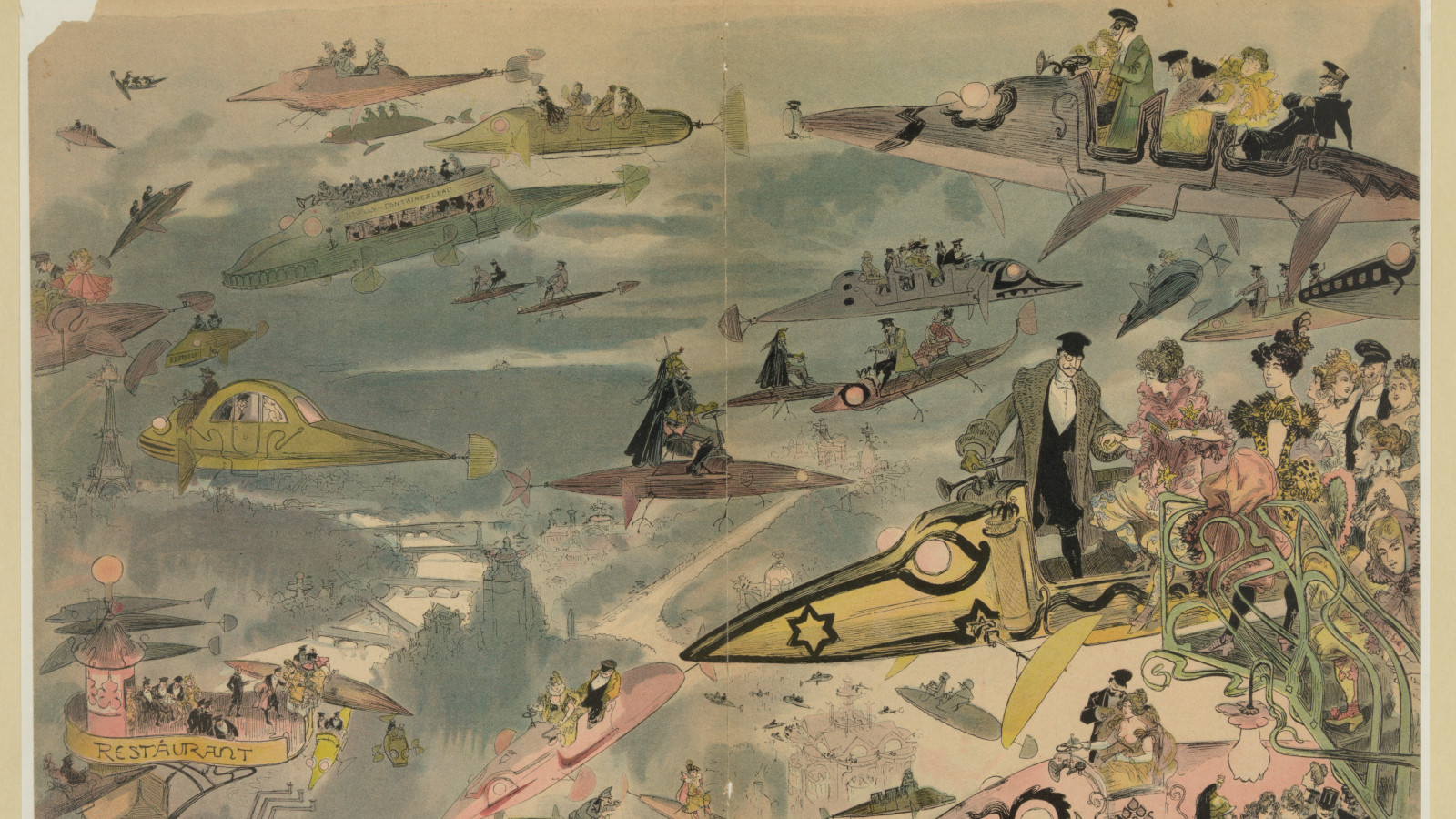Our shared cultural and social context shapes not only our politics, but what we do, say, and even think. Microbiologist Lynn Margulis argued that convention is so powerful, and so comforting, it prevents us from evaluating facts that challenge this system. She called these blinders “trained incapacities.” In...
Category - Vol22-1 The Return of Radical Science
Concentrating Our Efforts By Charlie Schwartz Volume 22, number 1, The Return of Radical Science Dear Science for the People Reader, I arrived at the University of California at Berkeley in 1960, a young professor with little interest in...
Letter from the Editors Volume 22, number 1, The Return of Radical Science We launched the online edition of Science for the People magazine on May Day, 2019, to celebrate the generations of workers and activists who’ve helped make the...
Acknowledgements Volume 22, number 1, The Return of Radical Science Science for the People is published online and in print thanks to the generous support of donors and activists like you. THANK YOU to the contributors to our 2019...
Meet the Contributors to “The Return of Radical Science” Volume 22, number 1, The Return of Radical Science Ben Allen is a biologist, educator, musician, and organizer based in Knoxville, Tennessee. He currently serves as the...
Masthead Volume 22, number 1, The Return of Radical Science SCIENCE FOR THE PEOPLE is dedicated to building and promoting social movements and political struggles around progressive and radical perspectives on science and society. We are...
In December 2018, The New York Times published an article presenting perspectives on the role of long-acting reversible contraceptives in reducing poverty. A few weeks later, a second article raised concern that these perspectives bias...
It’s rush hour in San Diego, California. A continuous flood of headlights flows over Highway 8, an interstate freeway running east-west over what used to be the largest freshwater river system in San Diego County. Members of CIEJ, the San...
In October 2018, three professors revealed an elaborate hoax: they had written specious articles using the jargon of cultural studies and had succeeded in publishing them in prestigious academic journals. Their feat was widely heralded as...
There is a nether side to published scientific work—the results not reported, the research left undone, the funding not received, the questions not asked—the luminous summits that are still uncharted. These unexplored epistemic regions are...







